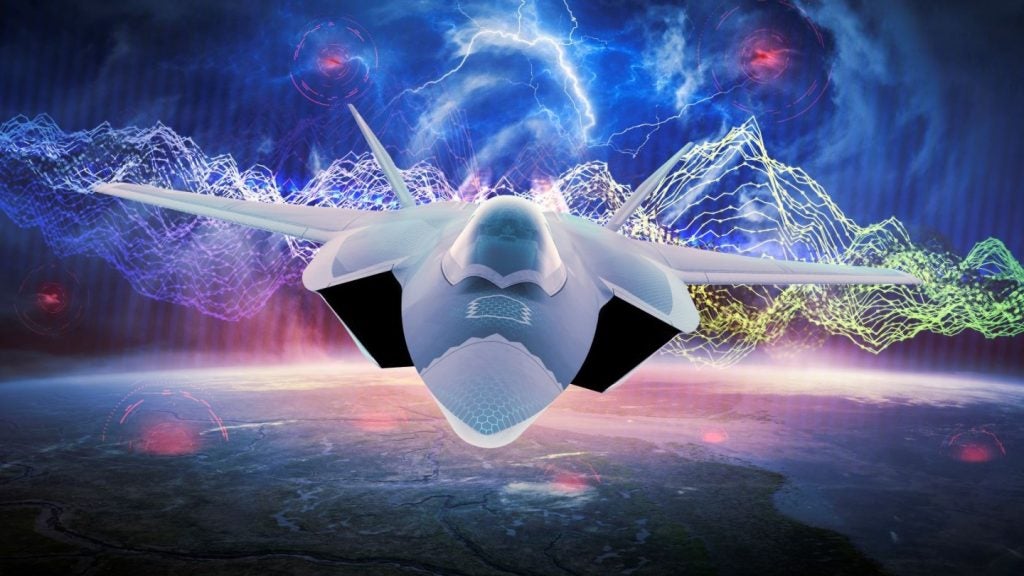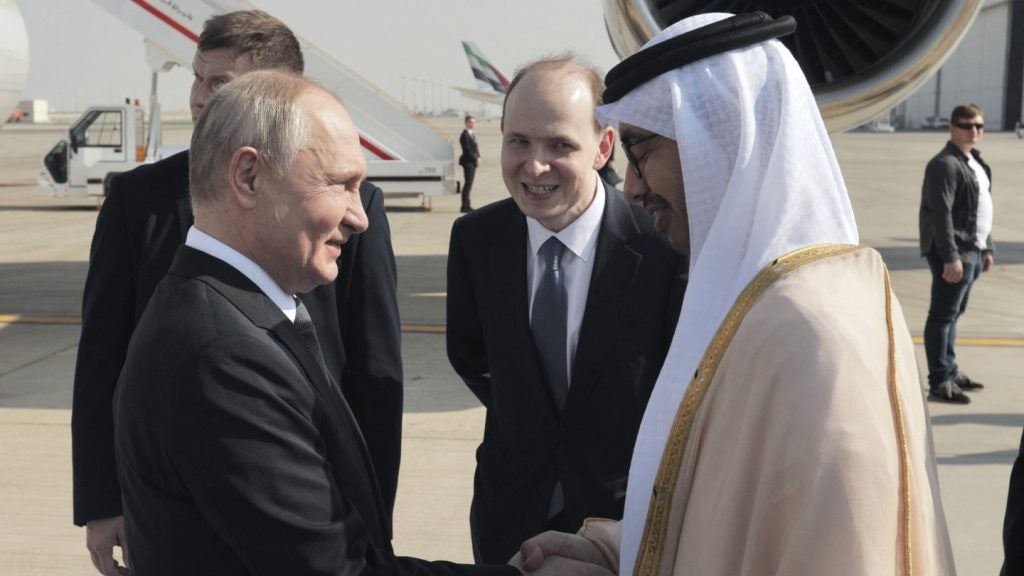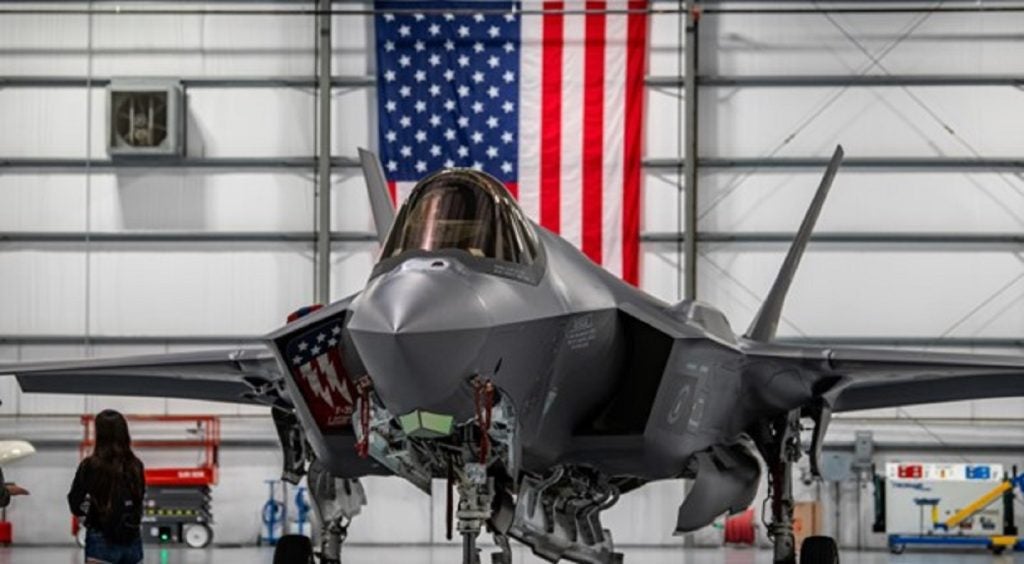The United Kingdom, Japan, and Italy governments signed a treaty for the Global Combat Air Programme (GCAP), steering the course for a next-generation stealth fighter jet.
In an alliance aimed at fortifying global security, the UK, Japan, and Italy treaty, intended to push the GCAP system into an era of military capability, will see the UK host the programme's headquarters. The supersonic fighter, which will employ stealth characteristics, is planned to enter service from 2035.
The UK-based headquarters of GCAP, serving as the nerve centre for this initiative, will anchor hundreds of jobs, emphasising the strategic benefits of the programme among the partnering nations. UK defence prime BAE Systems is leading the efforts in the UK, in tandem with Rolls-Royce, Leonardo UK, and MBDA UK, as well as other in the supply chain.
In April 2023, the UK Ministry of Defence allocated £656m ($833m) in funding to GCAP, as part of a wider £2bn UK Government spend, to accelerate the design and development of the supersonic stealth fighter.
Defence Secretary Grant Shapps underscored the importance of the programme, stating: "Our world-leading combat aircraft programme aims to be crucial to global security, and we continue to make hugely positive progress toward the delivery of the new jets."
The treaty's signing is the latest step towards the launch of the joint development phase in 2025.
It is envisaged that these countries will eventually replace aircraft in service – the Eurofighter Typhoon for Italy and the UK and the Mitsubishi F-2 in Japan, according to GlobalData's report on "Italy's Defence Market 2023-2028".
National industry leaders, including Leonardo, Mitsubishi Heavy Industries, and BAE Systems, welcomed the convention on establishing the "Global Combat Air Programme - GCAP International Government Organisation," solidifying the trilateral cooperation, according to a UK Government release.
The impact of GCAP extends beyond defence, as the programme is expected to attract investment in research and development, fostering opportunities for the next generation of skilled engineers and technicians. The programme has approximately 9,000 people working on GCAP globally and over 1,000 suppliers across partner nations.












